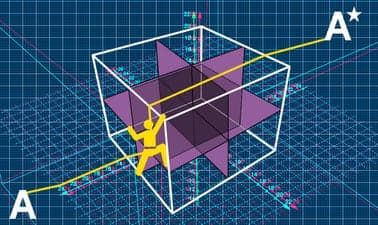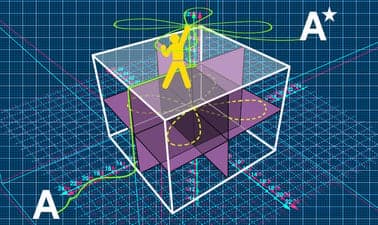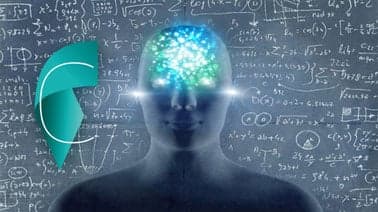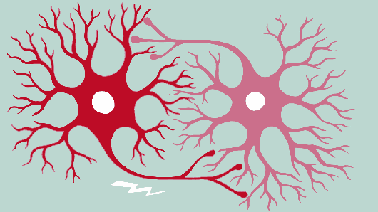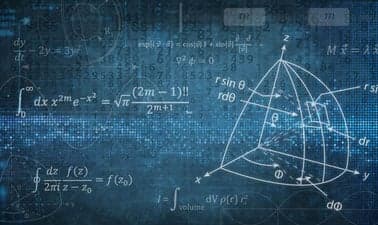Syllabus
Textbook: "Neuronal Dynamics - from single neurons to networks and models of cognition" by W. Gerstner, W.M. Kistler, R. Naud and L. Paninski, Cambridge Univ. Press. 2014
Online version available at: http://neuronaldynamics.epfl.ch/
The course is based on Chapters 12 and 16-19 and is structured over 6 weeks:
Week 1: Associative Memory and Hopfield Model
Week 2: Attractor networks and spiking neurons
Week 3: Neuronal populations and mean-field theory
Week 4: Perception and cortical field models
Week 5: Decision making and competitive dynamics
Week 6: Synaptic Plasticity and learning
Each week includes:
- 5-8 video lectures (60-90 minutes viewing time)
- 90 minutes of self-learning time
- Online exercises and quizzes
The course concludes with a final exam.
Total duration: 6 weeks
Weekly workload: Approximately 2.5-3 hours




